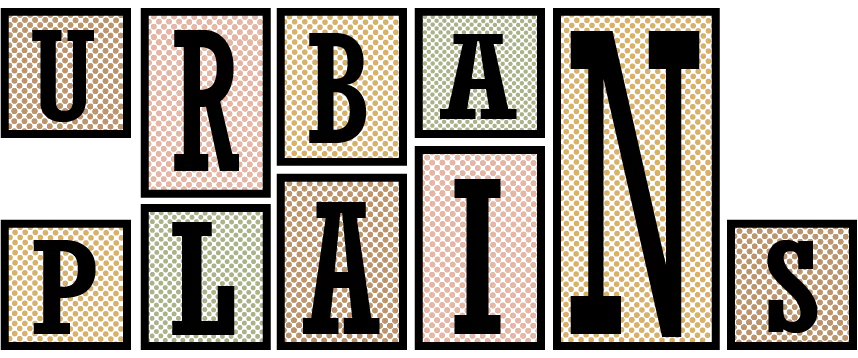He had just turned 18. Des Moines resident Allen Henderson was on his way back home from Lincoln University in Jefferson City, Missouri, back in 2017 when police pulled him over for speeding.
“I started freaking out,” Henderson said. “They asked me if they could search the car, and I said no, but then the dog was alerted.”
Although Henderson had not been smoking at the time, a forgotten jar with little crumbs of marijuana was found in his glove box. He was ticketed for possession of marijuana and possession of paraphernalia. Henderson, a Black man, believes his race also contributed to his treatment by the officers.
“Anytime you break the law, you give them probable cause to search your car at any time,” Henderson said. “They literally took the panel off my door, and I couldn’t put it back on.”
Luckily for Henderson, the charge for possession of marijuana was dropped. The amount of weed was too small to justify prosecution. However, he was still staring down two years of probation.
“I was pretty thrown off by the idea that something I felt was not serious…got two years of probation,” Henderson said. “You know how hard it is to get off that. It’s literally a trap.”
But things are beginning to change in the Midwest. Cannabis, also known as marijuana, became legal in Illinois for recreational use in 2020. Late last year, Missouri followed suit — too late for Allen, of course. New legislation in Minnesota — SF 73 and HF 100 — would make the state the third in the Midwest and the 22nd in the country to legalize recreational marijuana.
Sen. Lindsey Port (D-Burnsville) is one of the co-authors of SF 73. It’s a bill that would allow adults 21 and older to purchase and possess marijuana. It will go further, too. SF 73 will expunge records of marijuana-related felonies like Allen’s.
“I got involved with this bill from a social justice aspect. The mass incarceration and over-prosecution of communities of color has been something I’ve spent time working on,” Port said. “We’ve made that a central tenet of this bill.”

The bill establishes a board, one that will go through cases to determine if they qualify for expungement. The board will also assist communities that have been negatively affected by current marijuana legislation.
“Communities of color have been disproportionately affected in ways that have not just had criminal justice impacts but have really impacted whole communities’ ability to build wealth, to have stable homes, to pursue higher education and employment,” Port said.
The National Organization for the Reform of Marijuana Laws (NORML), a non-profit based in Washington, D.C., is committed to advocating for reform and education on responsible marijuana use. Jacob McMaster, a policy coordinator at NORML, says the organization is highly supportive of the legalization initiative that is taking place in Minnesota.
NORML believes in having automatic expungements for qualifying cases. The organization also pushes for a licensing system that prioritizes equity applicants. Both help to rectify the harm caused by past marijuana-related policies.
“The best legalization bills work to end future injustices while repairing those already made,” McMaster said.
Port believes that this bill could have the most committee stops in the history of the Minnesota Senate, a total of 15.
“I meet with anyone who wants to meet,” Port said. “You don’t have to agree with the bill, but it really has brought to our attention things that we hadn’t thought about.”
Port hopes they will have a final bill by mid-May. Then, it will need to pass the House and Senate, finally reaching the governor. Port hopes that, with more states embracing marijuana, it will be easier for Minnesota to legalize it as well.
“I think it matters when states around you do it,” Port said. “Moving to legalization is not as scary as it seems and really will impact our state in a really positive way.”

